An old review I wrote (back in 2002) for the magazine Herald.
” The algorithm is …the second great scientific idea of the West. There is no third.”
This sentence at the very beginning of the book should warn us that this is not going to be science writing in the Asimov vein. Dr. Berlinski once boasted that he can be accused of many things, but shrinking from controversy is not one of them. A professor of mathematics, a novelist, something of a poet and the successful author of “a tour of the calculus”, Dr. Berlinski is also famous for his very public insistence that Darwinian evolution does not add up; that something is missing from the story and the high priests are engaged in a cover-up. In “the advent of the algorithm” he sets out to tell us about the algorithm: “a procedure, written in a symbolic vocabulary, that gets something done step-by-step without the need for any intelligent assistance”. But he ends by questioning the ability of science to explain the mind: the intelligence that fashions and uses these algorithms and infuses them with meaning.
The book begins and ends with Gottfried Leibniz. Between inventing the calculus, imagining the monads and carrying out his diplomatic duties, Gottfried Leibniz also laid the foundations of mathematical logic and the science of computing. He is followed by Guiseppe Peano, Gottlieb Frege, George Cantor and others, till we get to the great David Hilbert and his challenge to mathematicians to show that mathematics is consistent, complete and decidable (in principle, if not in practice). Within a few years, Kurt Godel was able to show that this is not possible. After an explanation of Godel’s revolutionary result, Alonzo Church, Alan Turing, Emil Post, Claude Shannon and others are introduced and the reader learns about the developments in logic and mathematics that form the foundations of our modern digital world.
Berlinski’s explanations of these developments are lucid, even brilliant, and someone with little mathematical knowledge beyond high school should still be able to understand what he is saying. But he does not want to stop at the bare bones of the theories. He is determined to give his readers a hint of the larger import of these matters, and he presses into service a number of stories, asides and literary flourishes. Sometimes the prose is so purple, it throbs and begs to be deflated, but the overall effect is not unpleasant. Here is a typical fragment about Liebniz:
“And then, by some inscrutable incandescent insight, Leibniz came to see that what is crucial in what he had written is the alternation between God and Nothingness. And for this, the numbers 0 and 1 suffice.
Twinkies and Diet Coke in hand, computer programmers can now be observed pausing thoughtfully at their consoles.”
And here are the last days of Hilbert in Nazi Germany:
“Hilbert closed his remarks with words that were later inscribed on his tombstone: we must know. We will know.”
“We realize now that that was the last time those words could have been uttered without irony…the mathematicians who had heard his voice and fallen under his command had scattered, some going to the US or South America or even China, others, for all their sophisticated and intellectual cunning, finding themselves packed in freight cars, grinding their way to some place in the east.”
This powerful and humane sense of history and tragedy is accompanied by an almost wicked sense of humor and an absolute unwillingness to submit to fashionable opinion. The stories and asides are generally delightful, though the author could easily have spared us his own amorous adventures and multiple marriages without any loss to the book. The math is challenging, but not overwhelming and worth the effort to understand it. In the last chapters, he takes on the issue of whether the mind is simply an algorithm, albeit a very sophisticated one? The question is not if the mind uses algorithms or if many of its functions can be reduced to algorithms (it does, and they can). The 300-pound gorilla in the room is consciousness: an algorithm is merely symbols, manipulated according to rules (themselves strings of symbols) but an intelligence creates those symbols and assigns them meaning. When the mind sees, something is seen by someone. Who is this someone who sees? Berlinski knows that even the scientists do not know the answer to that. The attack on scientific monotheism in the last chapters may upset those who suspect that such “attacks from within” will provide ammunition to those who wish to bludgeon us into more extreme monotheisms of their own. But Berlinski believes that doubt has brought us this far, it is too late in the day to stop. All the emperors are naked, why should the emperor of science get special treatment? And so he ends with Heraclitus:
”you could not discover the limits of the soul, not even if you traveled down every road. Such is the depth of its form”
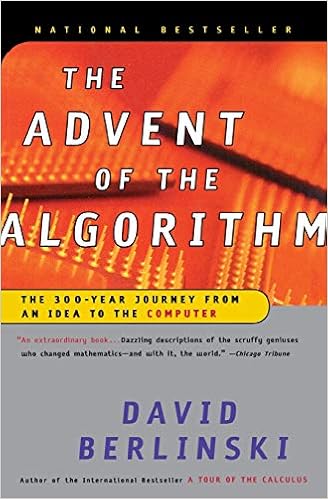
![The Koran: A Very Short Introduction (Very Short Introductions Book 13) by [Michael Cook]](https://m.media-amazon.com/images/I/51VVdH+RbTL.jpg)

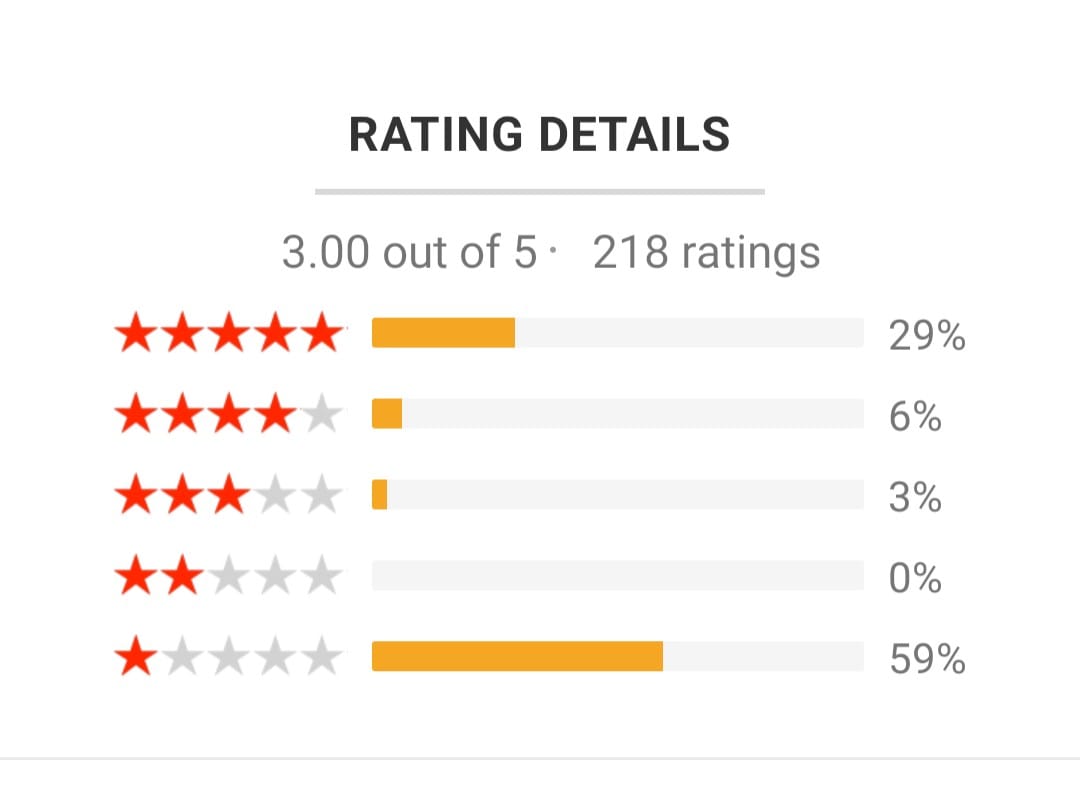
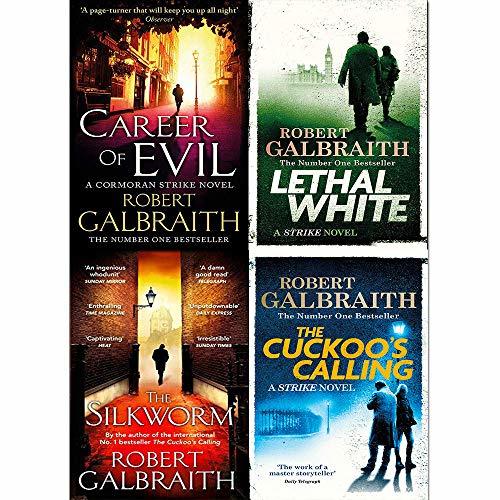
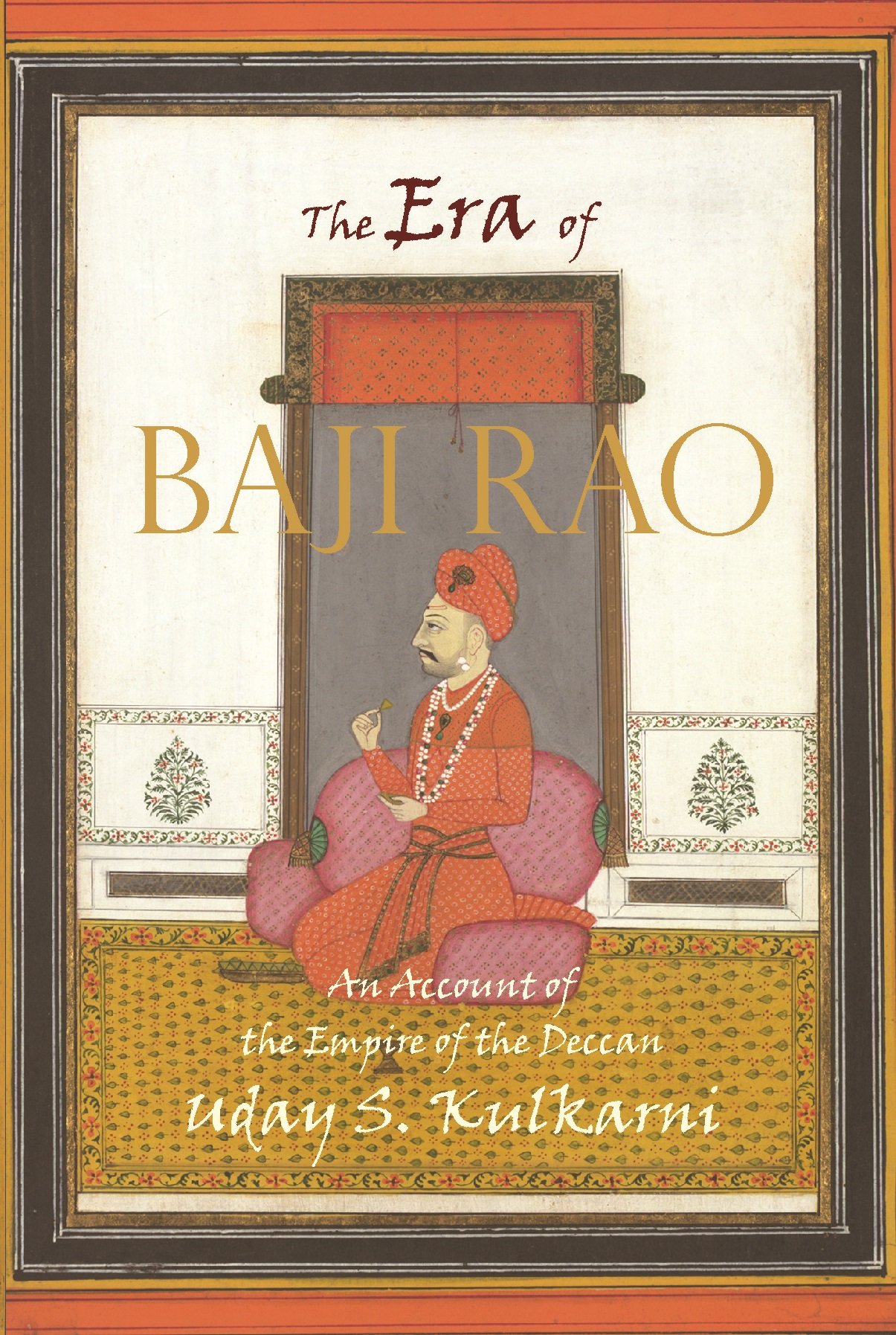
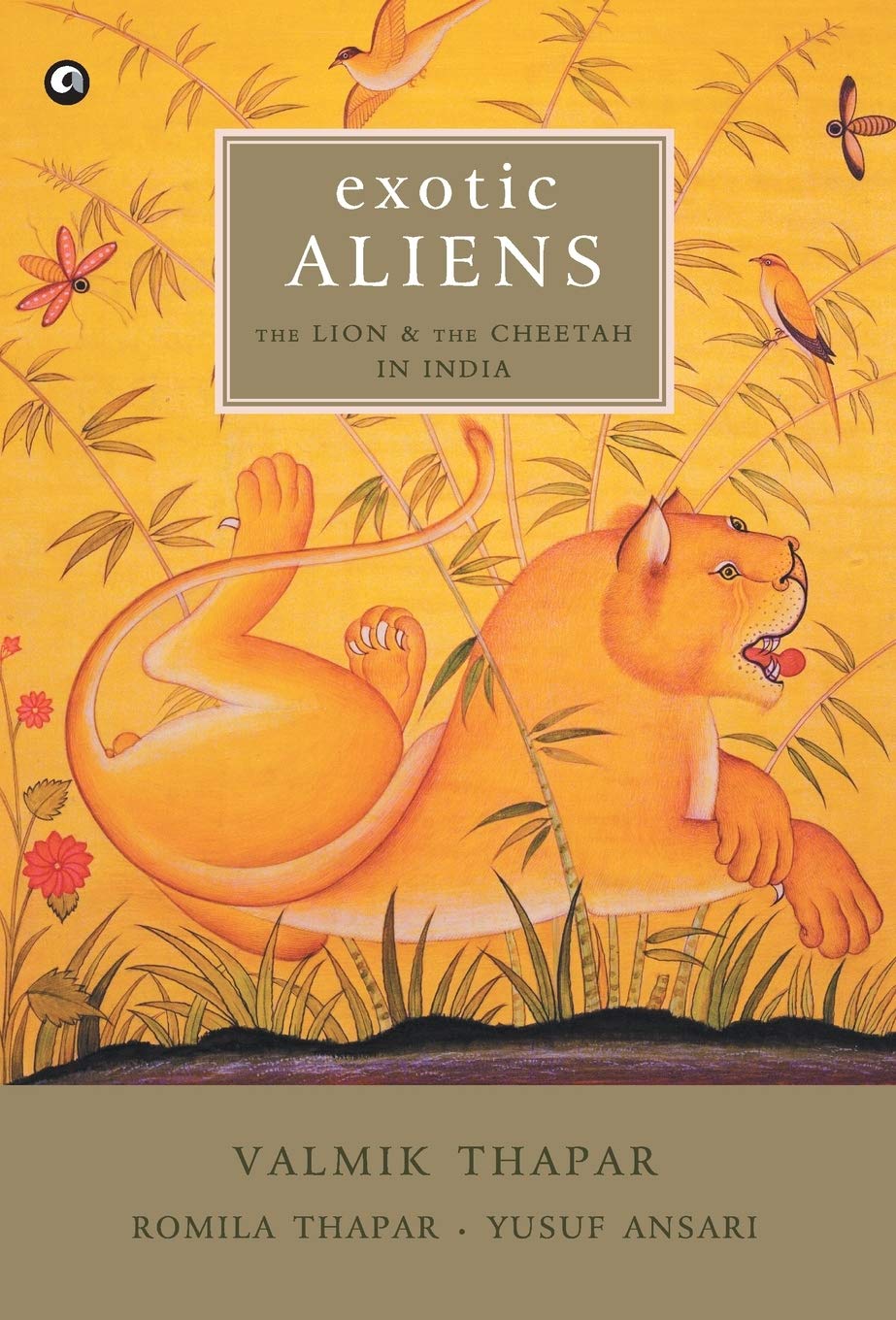
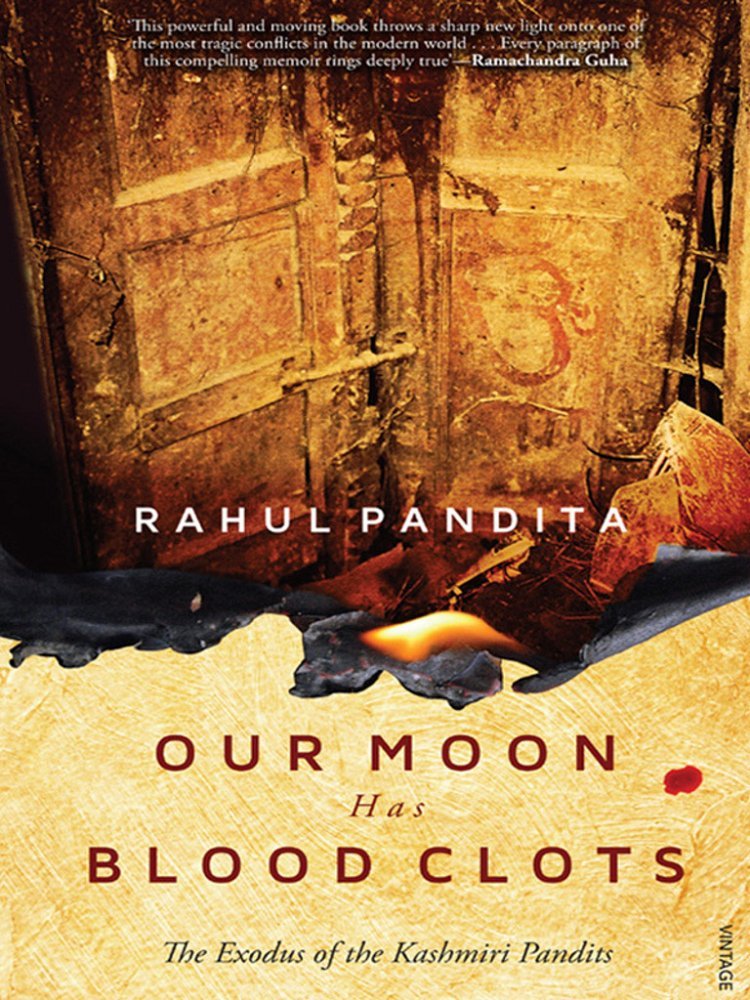

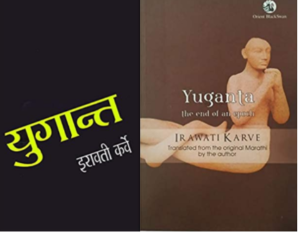 Yugant confronts various versions of Mahabharat analytically and tries to make sense of character arcs and motivations. Intelligently analyzed without religious respect but with literary respect. The motivations of Pandavas for marrying Draupadi as the Royal Queen are very well explained. The literary accounts of chats between Dhritarashtra and Gandhari & those of Draupadi’s death are very well written and move your heart. Krishna (Vasudeva) stands out not only because of the brilliance of his character but the wonderful analysis and the crisp unraveling of his motivations. The Arya (Kshatriya) Dharma is explained in Krishna and Yugant chapters. The author enthralls with deep and intelligent writing in the final chapter that resonates wonderfully even in the 21st-century internet age. The sincere and irreligious comparisons of Mahabharat Era – Arya Dharma to contemporary Hindu religion and other Prophetic Faiths are interesting. Throughout the book, the author refrains from applying current Zeitgeist as a yardstick – something which is refreshing in 21st century polarized analysis and debates which always have political undertones. Even without a direct running story arc – the arrangement of essays offers a wonderful climax – especially Krishna and Yugant chapters. With recent elevation of Heroic Karna in Indian literature and thought, a look back of the character of Karna as seen in 1950s-60s is a pleasant change.
Yugant confronts various versions of Mahabharat analytically and tries to make sense of character arcs and motivations. Intelligently analyzed without religious respect but with literary respect. The motivations of Pandavas for marrying Draupadi as the Royal Queen are very well explained. The literary accounts of chats between Dhritarashtra and Gandhari & those of Draupadi’s death are very well written and move your heart. Krishna (Vasudeva) stands out not only because of the brilliance of his character but the wonderful analysis and the crisp unraveling of his motivations. The Arya (Kshatriya) Dharma is explained in Krishna and Yugant chapters. The author enthralls with deep and intelligent writing in the final chapter that resonates wonderfully even in the 21st-century internet age. The sincere and irreligious comparisons of Mahabharat Era – Arya Dharma to contemporary Hindu religion and other Prophetic Faiths are interesting. Throughout the book, the author refrains from applying current Zeitgeist as a yardstick – something which is refreshing in 21st century polarized analysis and debates which always have political undertones. Even without a direct running story arc – the arrangement of essays offers a wonderful climax – especially Krishna and Yugant chapters. With recent elevation of Heroic Karna in Indian literature and thought, a look back of the character of Karna as seen in 1950s-60s is a pleasant change.